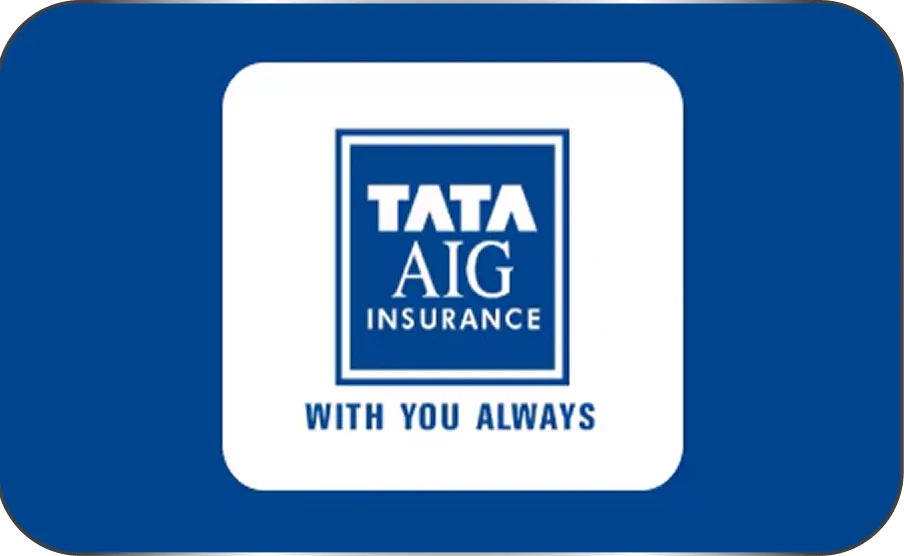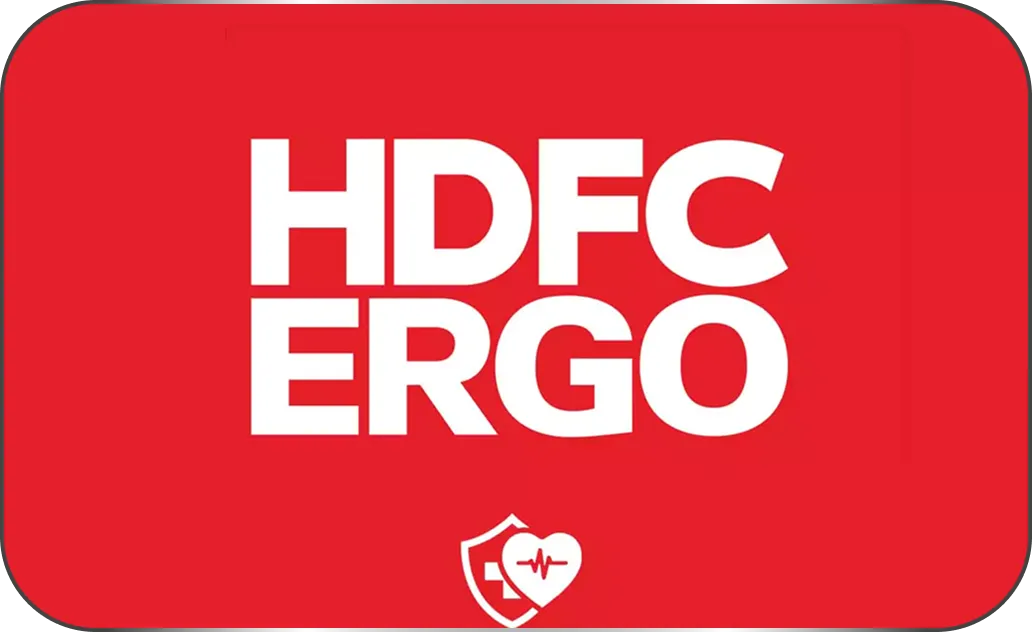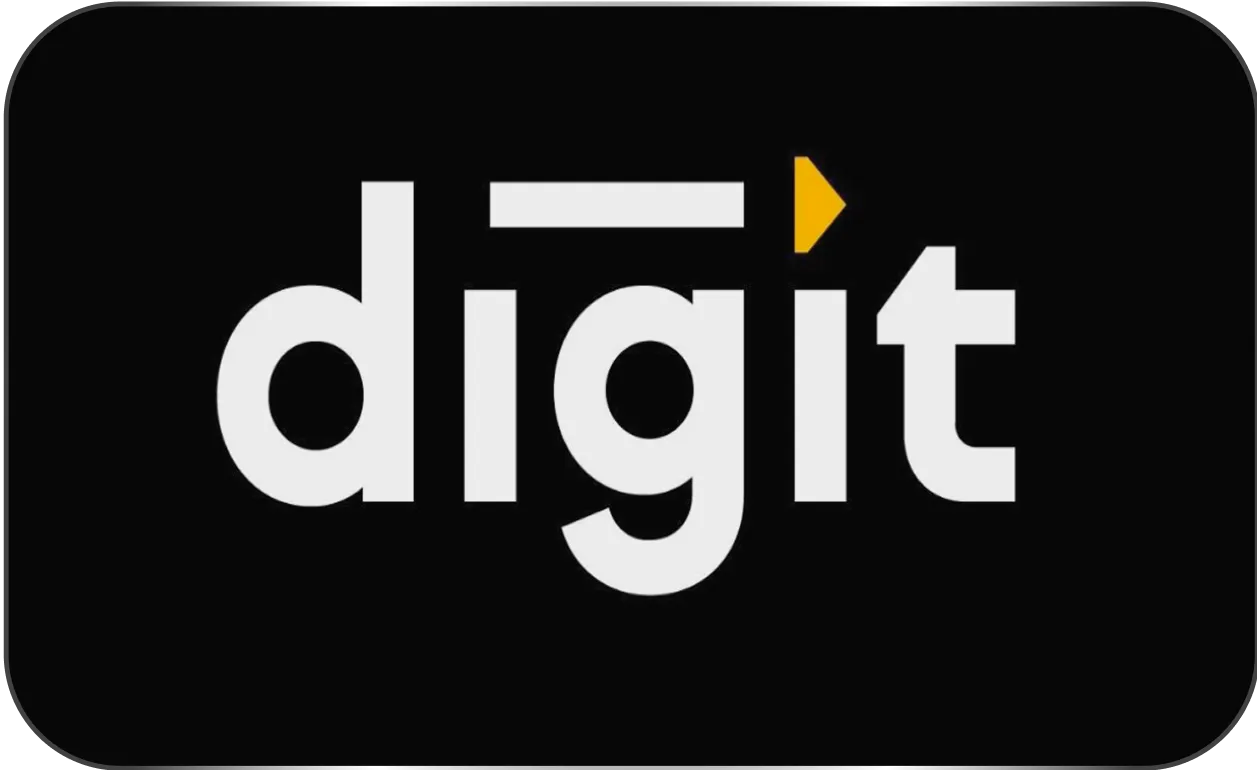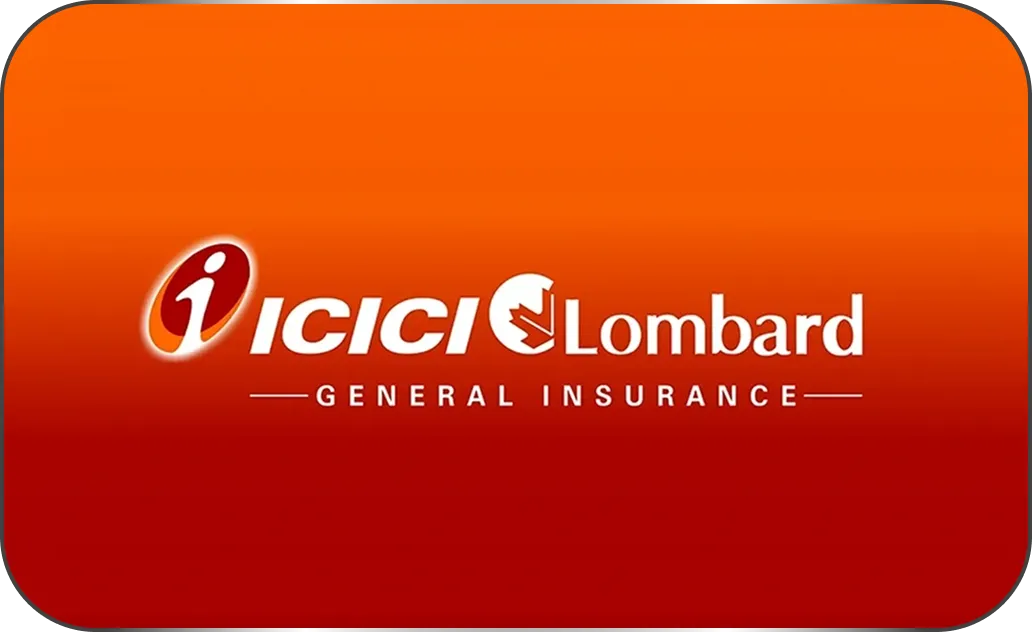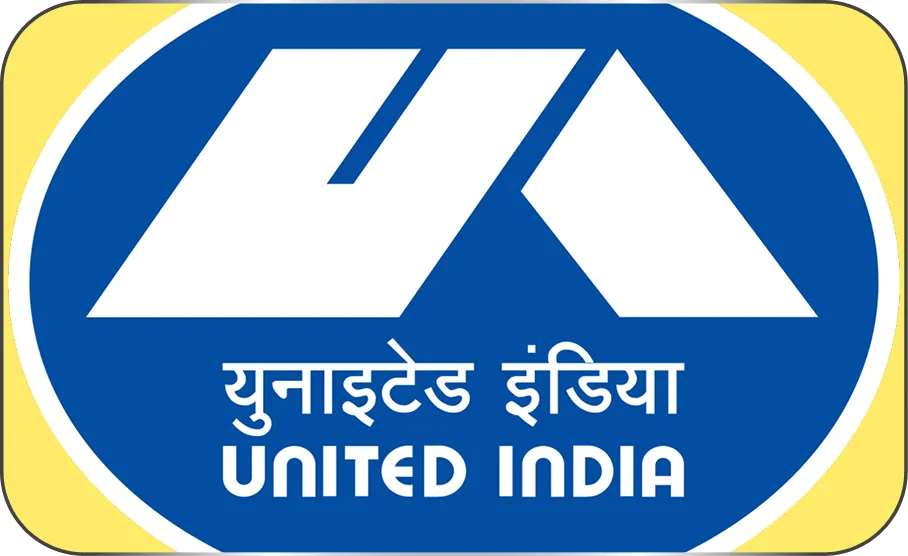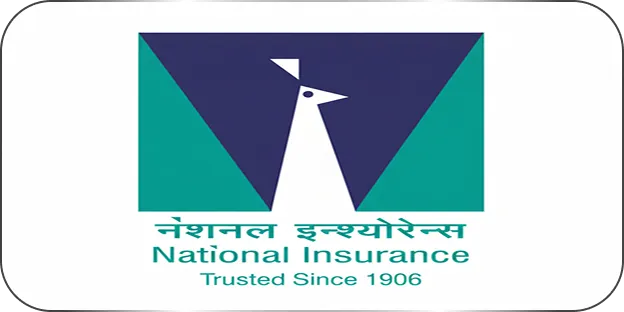Car Insurance in India – Compare, Buy & Renew Online

Buy or Renew Car Insurance to Protect Against


Accidental damage costs

Vehicle theft

Traffic challan penalties
Why choose
Park+

Smarter protection, seamless experience only with Park+

Get up to
90% Discounts

support
assistance

Get policy
in 2 mins

cashless &
secure claims
Testimonials
Rishabh Gulati
Verified User
Buying my car insurance on Park+ was super easy — I finished everything online in under 10 minutes
2025-06-18
Abhinav Rastogi
Verified User
The Park+ team guided me patiently and helped me choose the right plan without any pressure.
2025-07-09
Keshav Agarwal
Verified User
Park+ offered the best deal with zero depreciation add-ons and engine protect — saved nearly ₹2,000 on my premium
2025-08-23
Lakshay
Verified User
Paid online and got my policy in minutes — Park+ truly makes insurance instant and hassle-free
2025-09-14
Nidhaan Srisvastava
Verified User
Everything was clear and simple — no jargon, just honest info that made buying insurance stress-free
2025-10-02
Top Car Insurance Plans in India

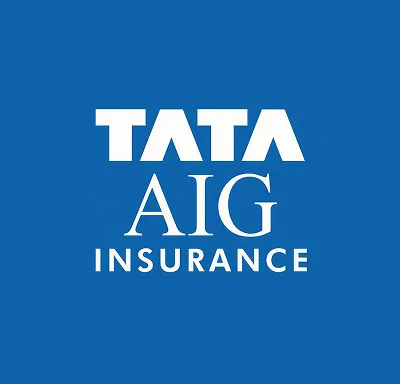
Tata AIG
IDV
₹6,97,635

Zero depreciation

Cashless garage

+3 more ADD ONS
₹4,529
₹5,642
Exclusive of GST

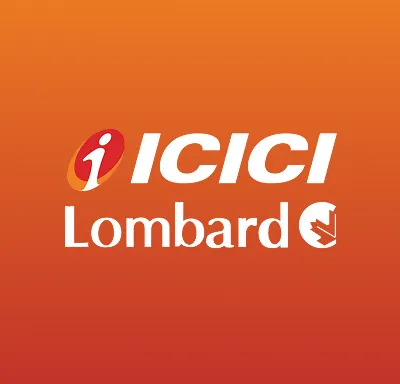
ICICI Lombard
IDV
₹5,53,864

Zero depreciation

Cashless garage

+3 more ADD ONS
₹4,444
₹5,472
Exclusive of GST


GO Digit
IDV
₹9,68,755

Zero depreciation

Cashless garage

+3 more ADD ONS
₹3,416
₹5,642
Exclusive of GST


HDFC ERGO
IDV
₹6,69,498

Zero depreciation

Cashless garage

+3 more ADD ONS
₹4,554
₹5,692
Exclusive of GST
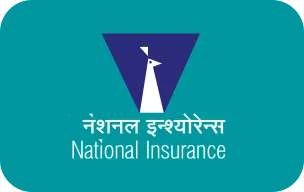
National Insurance Company

Zero depreciation

Cashless garage

+3 more ADD ONS
₹3,416
Exclusive of GST

United India Insurance

Zero depreciation

Cashless garage

+3 more ADD ONS
₹3,416
Exclusive of GST
View All Plans
What are the Different Types of Car Insurance Policies in India

Third Party
Mandatory by law. Covers damages or injuries caused to others, but not your own car

Comprehensive
Covers both your car and third-party damages. Protects against accidents, theft, fire, and natural disasters

Own Damage
Protects only your car from accidents, theft, or disasters. Doesn't cover third-party liabilities

Pay as you Drive
Flexible plan where premium depends on how much you drive. Ideal for low-mileage users

Car Insurance Plan Comparison

Car Insurance Coverage | Third Party | Comprehensive | Own Damage | Pay as you Drive |
|---|---|---|---|---|
Damage/losses caused to your car due to accident |  |  |  |  |
Theft of two-wheeler |  |  |  |  |
Damage incurred due to fire |  |  |  |  |
Damage/losses due to natural calamity |  |  |  |  |
Damage to property and third party vehicle |  |  |  |  |
Personal Accident Cover (if opted) |  |  |  |  |
Injury/Death of Third Party due to an accident |  |  |  |  |
What is Car Insurance?
Car insurance is a contract that provides financial protection to the insured vehicle against accidents, theft, fire, and damage to third parties or their property. It helps reduce unexpected expenses and ensures you stay legally compliant while driving.
Car insurance is a contract where the insurer promises to compensate for the losses or damage of the insured car arising out of any unexpected event, as covered under the policy. The insurer bears the loss in return for the periodic amount - ‘Premium’, which is payable by the policyholder.
Car insurance matters because it safeguards your finances, keeps you protected on the road, and gives you peace of mind in every journey.
To ensure proper compliance, several laws work together, which are: the Motor Vehicles Act, 1988 (MVA), the Insurance Act, 1938 and the Indian Contract Act, 1872. Car insurance is primarily governed by the Motor Vehicles Act, 1988, and the Insurance Act, 1938 is responsible for regulating insurance companies, whereas the IRDAI is the regulatory body
The Motor Vehicles Act, 1988, mandates vehicle owners to have a car insurance policy in India. All vehicle owners are required to have a four-wheeler insurance policy to meet the third-party liability.
What is Car Insurance Premium?
A car insurance premium is the amount you pay to your insurer to keep your vehicle covered under an active policy. It is calculated based on your car’s value, risk factors, coverage type, and add-ons you choose. In simple terms, it’s the cost you pay to protect your car from accidents, theft, and other damages.
What is Car Insurance Premium Formula ?
Total Premium = Base Own Damage Cost – (NCB + Applicable Discounts) + Third-Party Cover Cost + Add-on Charges + GST
The car insurance premium calculator allows you to check car insurance premiums easily and quickly by just providing a couple of details, such as car brand, model, insurance amount, etc. In this way, you can make an informed decision.
What are the Key Features of a Car Insurance Policy?
The key highlights of online car insurance are:
Car insurance premium: To cover the financial loss of a private car, the insurance companies, in return, charge a certain amount periodically, called ‘Premium’.
Third-party liability coverage: Vehicle insurance covers the losses/damage caused to third parties and their property as well. This, in turn, prevents the policyholder from unexpected financial losses.
Financial protection: Car insurance policies provide financial protection against the losses incurred to the vehicle. It covers the losses caused to the private four-wheeler due to natural or man-made factors, as mentioned under the policy.
No Claim Bonus (NCB): For claim-free years, individuals can get a certain amount of discount at the time of policy renewal. The NCB goes up to a maximum of 50%.
Add-on covers: Car insurance also allows individuals to include an add-on cover based on their requirements. A few of the major add-ons include: Zero depreciation, roadside assistance, engine protection, etc.
Personal Accident cover: A car insurance policy helps people with a personal accident cover of up to ₹ 15 lakh to cover the financial expenses occurring out of the accident of the vehicle owner.
Cashless garages: With a four-wheeler insurance policy, the policyholder can get their vehicle repaired at the authorised centres without any hassle.
24/7 assistance: Getting an online car insurance policy helps policyholders with round-the-clock assistance to address their queries.
Easy and quick renewals: An online vehicle insurance policy adds convenience by letting policyholders renew their policy on time easily and swiftly.
Easy claim process: Like renewal, the online four-wheeler insurance saves from the lengthy offline claim process and the paperwork involved. With just a simple click, one can raise the claim request.
What are Different Car Insurance Policies in India ?
Choosing the right insurance is essential for every car owner. In India, there are primarily three types of policies available that dictate the level of protection you receive for your car, and third party involved in an incident.
Third-Party Liability Policy (TPL): Mandatory under Indian law, this policy protects you from financial liabilities arising from damages caused to another person, their vehicle, or their property. It does not cover your own car but ensures you stay legally compliant while driving on public roads.
Comprehensive Policy (Package Policy): A more advanced policy that covers both third-party liabilities and own-damage. It offers protection against accidents, theft, fire, natural disasters (like floods, cyclones, earthquakes), and man-made events (like riots or vandalism).
Standalone Own-Damage (OD) Cover: A policy designed specifically to cover damages to your own vehicle. It includes protection from road accidents, fire, theft, and natural or man-made calamities. It must be purchased along with a third-party policy, as OD-only insurance is not legally sufficient.
What is Car Insurance for EVs
Car insurance for electric vehicles (EVs) is a specialised motor insurance policy designed to cover the losses or damage caused to EVs. An EV car insurance policy covers all the damage or losses incurred in the possible events as mentioned under the policy.
Since EVs have higher repair costs and sensitive electrical systems, EV insurance ensures complete protection from accidental damage, fire, water-related issues, and third-party liabilities. It provides customised coverage for modern electric cars and helps reduce ownership risk.
How can You Enhance a Car Insurance Policy With Add-Ons?
Add-On covers are the simplest way to enhance the car insurance policy in a way you want. These are optional enhancements you can attach to your comprehensive or OD policy for improved coverage.
Popular add-ons include:
Zero Depreciation: Ensures full claim value without deducting depreciation because of the vehicle’s age.
Engine Protect: Covers engine damage due to waterlogging, oil leakage, or mechanical breakdown.
Roadside Assistance: Help during breakdowns—towing, jump-start, tyre change, fuel delivery, etc.
Return to Invoice (RTI): Provides full invoice value in case of total loss or theft.
Consumables Cover: Pays for items like nuts, bolts, engine oil, and AC gas during repairs.
Why Should You Buy a Car Insurance Policy Online?
Other than being mandated by the law, there are several reasons that benefit the vehicle owners.
Few of the benefits one can enjoy by buying a car insurance policy online are:
Paperless Process: No physical forms or documents are required. You can upload details digitally and receive your policy directly to your email or dashboard. This ensures faster processing, minimal errors, and a smoother buying experience.
Instant Quotes: Compare multiple insurers side-by-side within seconds. Online platforms allow you to check premiums, add-ons, coverage benefits, and discounts instantly.
Time and cost-effective: Getting a car insurance policy online saves time and money. By allowing people to compare all plans in the same place, it saves time and money as online policies are cheaper than offline policies.
Lower Premiums: Online car insurance often costs less because there are no middlemen or agent commissions. Insurers offer exclusive online discounts, making your policy more affordable compared to offline purchases.
24/7 Accessibility: Unlike offline agents, online car insurance services are available round-the-clock. Whether it's midnight or early morning, you can buy, renew, or compare policies without delays.
Instant Policy Issuance: Once payment is completed, your policy document is generated instantly. You can download it immediately, making it ideal for urgent needs like vehicle inspection, long trips, or regulatory compliance.
How to Choose the Right Car Insurance Policy Online?
The digital market makes finding car insurance easy, but you must focus on balancing essential coverage, your budget, and the insurer's reliability to make a smart investment.
Compare Coverage Options: Start by comparing policies from multiple insurers. Look at what each plan covers, the premium amount, available add-ons, and claim settlement benefits. This helps you understand which plan gives the best value for your needs.
Consider Your Car’s Age & Condition: Choose coverage based on how old your car is. New cars benefit from comprehensive insurance and add-ons like Zero Depreciation, while the older cars may need essential coverage with fewer add-ons to keep premiums affordable.
Evaluate Driving Habits: Your daily driving style plays a big role in selecting the right policy. If you drive long distances, choose add-ons like Roadside Assistance on the other hand, if you frequently drive through traffic, a Zero Depreciation add-on may save repair costs.
Check Your Location Needs: Policies should match the risks in your area. If you live in high-flood or coastal areas, then the Engine Protection add-on is the best option. If you live somewhere in High-theft zones, then a comprehensive or anti-theft discount would be a better option.
Verify Claim Settlement Record: Always choose insurers with a high claim settlement ratio and easy claim procedures. This ensures faster approval and a smoother claim experience when you need it the most.
What are the Things to Keep in Mind While Buying a Car Insurance Policy in India?
Before you finalize your purchase, it is vital to pay close attention to the details of the policy. What you are paying for, and what is excluded, will ensure a smooth experience.
Compare Plans: When buying car insurance online, always compare the available plans to cover unexpected financial losses at an affordable premium, in order to make an informed decision.
Claim Settlement Ratio (CSR) Review: When comparing the different car insurance plans, always review the CSR of the insurance providers. It is a metric to measure the percentage of claims successfully settled by that particular insurer. Opt for the plans of the companies with high CSR.
Understand Policy Terms: Before purchasing, read the policy’s inclusions, exclusions, deductibles, and conditions. This prevents surprises during claim settlement and helps you know exactly what your insurance covers.
Choose Coverage That Matches Your Risks: Select a policy that suits your budget while covering the unexpected losses at the same time.
Maintain No Claim Bonus (NCB): Avoid raising claims for small damages. Conserving your NCB helps you get a discount on your renewal premium over the years.
Check Cashless Garage Network: A strong network of cashless garages ensures quick repairs without paying upfront. Choose insurers with a wide network in your city for smoother claim experiences.
Review Claim Filing Process: Make sure the insurer offers a simple, digital-first claim process—like app-based filing, video inspection, and quick approval. This saves time and reduces hassle during emergencies.
What is IDV in Car Insurance Policy?
The Insured Declared Value (IDV) is the current market value of your car and plays a major role in deciding your insurance premium. A higher IDV means better compensation during total loss or theft, while a lower IDV reduces your premium but limits your payout. IDV is influenced by several factors that determine how much your vehicle is worth at the time of policy purchase or renewal.
Car’s Age: IDV decreases every year due to depreciation. Older cars have lower IDV compared to new ones.
Vehicle Make & Model: Premium or high-end vehicles automatically carry a higher IDV than budget cars due to their higher market value.
Depreciation Rate: Insurers apply a standard depreciation percentage each year, directly reducing the IDV.
Registration City: Cars registered in metro or high-risk areas may have slightly adjusted IDV due to market demand and risk levels.
Market Conditions: Current resale value trends and manufacturer pricing changes can affect how insurers determine your IDV.
Car insurance is essential for every vehicle owner, but choosing the right one becomes easier when you understand coverage types, premium factors, and other crucial aspects relating to it. Compare quotes, explore add-ons, and pick a comprehensive policy that keeps you fully protected on the road.
Evaluate your needs, compare policies online, and choose a plan that delivers maximum coverage at the right price. Make an informed choice today and enjoy complete peace of mind.
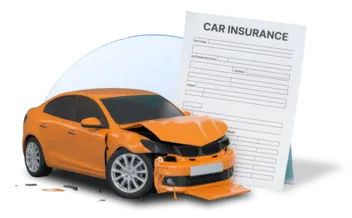
What's Covered and Not Covered Under Car Insurance Policy in India
What is Covered in Policy
Third-party liabilities
Accidents
Theft
Man-made acts
Natural calamities
Fire
Animal attack
What is Not Covered in Policy
Depreciation
Invalid driving license
Drunk driving
Outside Geographical area
Mechanical failure
Illegal driving
Damage due to war
What Add-Ons You Can Choose Under Car Insurance Policy in India?

Zero Depreciation
Also known as Nil Depreciation or Bumper to Bumper. During a claim, no depreciation is deducted— the insurer pays 100% of part-replacement costs.

Consumable
Covers the cost of items like engine oil, gearbox oil, nuts and bolts, washers, grease, and brake oil after an accident.

Battery Protect
Covers the cost of repairing or replacing the vehicle's battery in case of damage or failure due to unforeseen events, ensuring continued performance and reliability.

Repair Glass
Get hassle-free repairs or replacements for damaged car glass

Emergency Transport & Hotel Expenses
Covers your travel and accommodation expenses if your car breaks down far from home, ensuring peace of mind during trips.

Garage Cash
Receive a daily allowance while your car is in the garage for repairs, helping you cover alternative transport costs.

Tyre Protect
Covers the cost of repairing or replacing damaged tyres due to punctures, cuts, bursts, or other accidental damage not typically covered by standard insurance.

Engine Protection Cover
Protects your vehicle's engine from water ingress, lubricant leakage, and internal mechanical failures not covered by standard insurance.

Road Side Assistance
Provides immediate help for vehicle breakdowns, including towing, jump-starting batteries, changing flat tires, fuel delivery, and lockout assistance.

NCB Protection
The No Claim Bonus' add-on guarantees discounts, calculated on the IDV of the vehicle even after a claim has been processed. Terms and conditions are applicable.

Key and Lock Replacement
Covers the cost of replacing lost or stolen vehicle keys, including the cost of new locks if necessary.

Loss of Personal Belongings
Reimburses passengers for the loss or theft of personal items, such as laptops, mobile phones, and other valuables, from the insured car during travel.

Return to Invoice
It is a protective add-on that makes up for the gap in between the insured declared value and the on-road price of the vehicle. Reiumbursements are available in cases of total loss.

Loss of Personal Belongings
Reimburses you for the loss or theft of personal items, such as laptops, mobile phones, and other valuables, from your insured car
View More
Why Car Insurance is Important in India?

Mandatory by Law
Ensures you comply with Indian traffic rules and avoid fines or penalties

Physical damage to your car
Protects against costly repairs from accidents, fire, or theft

Liability towards third-party
Covers injury or death of others in an accident caused by your car

Personal accident cover
Ensures financial support for you or your family in case of injury or death

Protection against repair costs
From minor scratches to major accidents, your policy keeps repair costs in check.

Third-Party Injury Cover
TP cover handles third-party treatment expenses after an on-road mishap, protecting you from hefty medical bills.

Protection for Death/Disability
Accident caused by your car: compensation for third-party disability, and for death, support to their dependents.

Personal Accident Cover for the Driver
PA cover provides compensation to the owner/driver’s family in case of death, easing severe financial stress.
View more
How to renew
Documents required
How to buy a car insurance policy?
Safeguard your car from the consequences of unforeseen circumstances. Get a reliable car insurance plan through Park+ quickly and in a hassle-free way.
NOTE: Choose a comprehensive policy to secure extensive coverage, and consider adding essential add-ons like Zero Depreciation and Engine Protection for enhanced protection.
Begin your journey
Start your journey by visiting Park+ and reaching the ‘Insurance’ section.
Input details
Enter the required details, such as ‘Vehicle Number’, to get the quotes.
Compare, customise and choose
Review and compare the policy features, add-ons, terms and conditions, etc., to make an informed decision.
Complete KYC and pay
Verify your details by completing KYC and make the payment to buy a car insurance policy.
How to renew a car insurance policy?
Kick out even the bare minimum possibility of the financial losses occurring out of car accidents or other adverse situations by renewing your car insurance policy with Park+ on time.
NOTE:Renew your car insurance on time to ensure that your No Claim Bonus (NCB) remains unaffected and continues to work in your favor.
Navigate to the ‘Car Insurance Renewal’ section on the Park+.
Provide the required details
Input your vehicle registration number, name, and mobile number to proceed with the car insurance process.
Choose, Customise and Review Your Insurance Plan
Explore available car insurance plans, select suitable add-ons, and review your details along with the final premium before proceeding.
Make a Secure Payment and Renew Instantly
Select your preferred payment method, complete the payment, and get your car insurance renewed instantly.
How to claim a car insurance policy?
Encountered an accident/mishap? Worry not! Perform the below-enumerated actions to claim your monetary loss securely and quickly.
NOTE:Start the claims process immediately and adhere to your insurer's guidelines to prevent any unnecessary delays or claim rejections.
Report the Incident Promptly
File an FIR (if necessary) and notify your insurance provider immediately to initiate the claim process.
Provide Supporting Evidence
Submit all relevant evidence, including photos and videos, to your insurer to facilitate smooth claim processing.
The insurer will assess the damage, and upon approval, your vehicle will be sent to an authorised garage for repairs.
Claim Settlement After Repairs
Once repairs are completed, the insurer will settle the claim according to your policy terms.
What are the Documents required to buy a car insurance policy
Here are the necessary documents one should have at the time of buying a car insurance policy and to get a claim.
NOTE:Keep all necessary documents ready for a smoother and faster claim experience, ensuring quick approvals and efficient processing.
Insurance proposal form (duly filled and signed)
A completed and signed insurance proposal form is required to initiate the insurance process.
Copy of R.C.
A copy of the vehicle's Registration Certificate (R.C.) must be submitted as proof of ownership and registration.
The original invoice of the vehicle should be provided to verify the purchase details and vehicle model.
Identity proof of the applicant (vehicle owner)
A government-issued identity proof (e.g., Aadhar, Passport, or Driver’s License) is required to confirm the vehicle owner's identity.
A valid address proof (e.g., utility bill or bank statement) is necessary to verify the applicant’s residential details.
Other documents/details as required by the insurance company
Additional documents or information may be requested by the insurance company to complete the policy issuance process.
View Plans

Calculate Car Insurance Premium

Maruti
Hyundai
Tata
Mahindra
Kia
Toyota

Renault

Honda

Volkswagen

MG

Jaguar

Jeep

Isuzu

Lamborghini

Land Rover

Lexus

Force

Ferrari

Maserati
Mercedes-Benz

Aston Martin

Mini

Citroen

Porsche

Rolls-Royce

Skoda

Nissan

Tesla

BMW

Bentley

Volvo

PMV

Strom Motors

Pravaig

Lotus

Audi

Mclaren
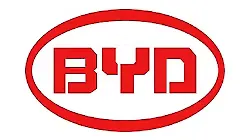
BYD

Bajaj

Vinfast
View all brands
Latest car insurance news, blogs & updates

Third-Party vs Comprehensive Car Insurance: Which Is Better?
December 17, 2025

What is the No Claim Bonus in car insurance?
November 06, 2025

The Ultimate Guide to Car Insurance in India
November 10, 2025
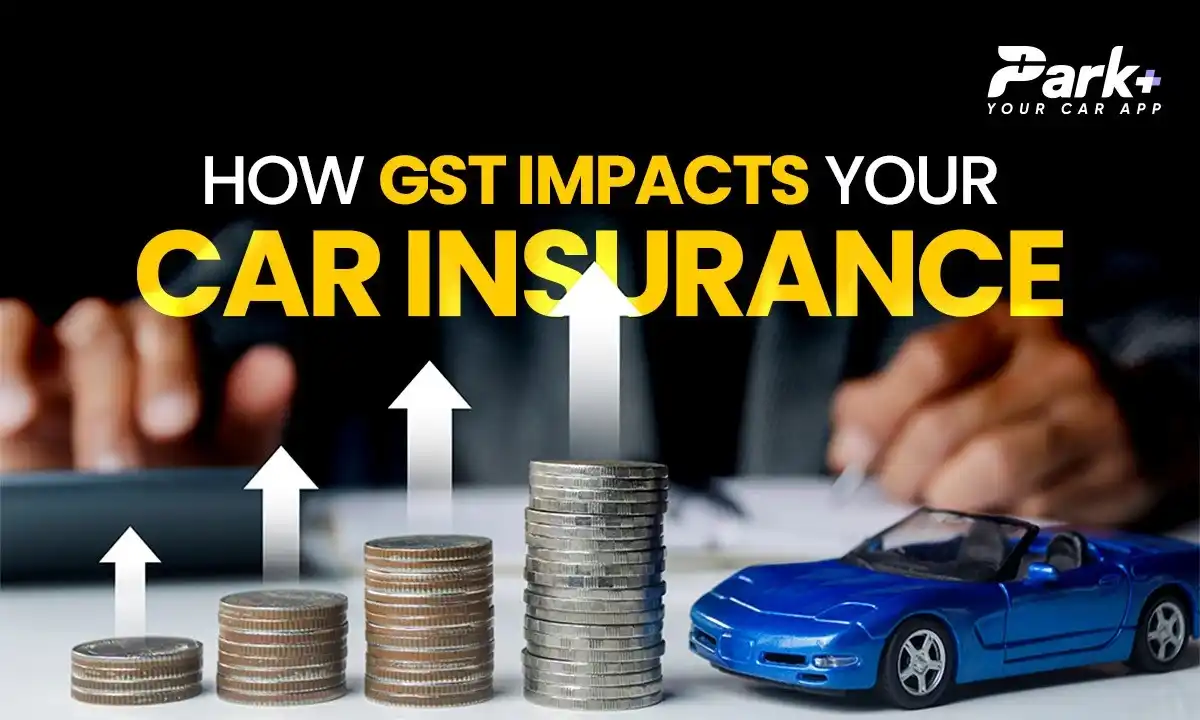
GST on Car Insurance Policy After 22nd Sep 2025
November 10, 2025

Leading car insurance companies in India
November 10, 2025

Which Insurance is Best for Car in India?
November 10, 2025

Third-Party Car Insurance: Your Saviour in an Accident.
December 19, 2023

Don't Let Your Car Depreciate: Switch to Zero Depreciation Insurance
December 19, 2023
FAQs- Car Insurance
A car insurance is contract between the insurance company and the policyholder to cover the financial losses in case of any unfortunate circumstances as laid out in the policy.
There are generally three types of car insurance policies: Third-party car insurance, Stand alone car insurance and comprehensive car insurance.
No Claim Bonus (NCB) is a discount given on the premium as a reward to the policyholder for completing a claim-free year(s).
HDFC ERGO has the highest Claim Settlement Ratio (CSR), which is 99%.

